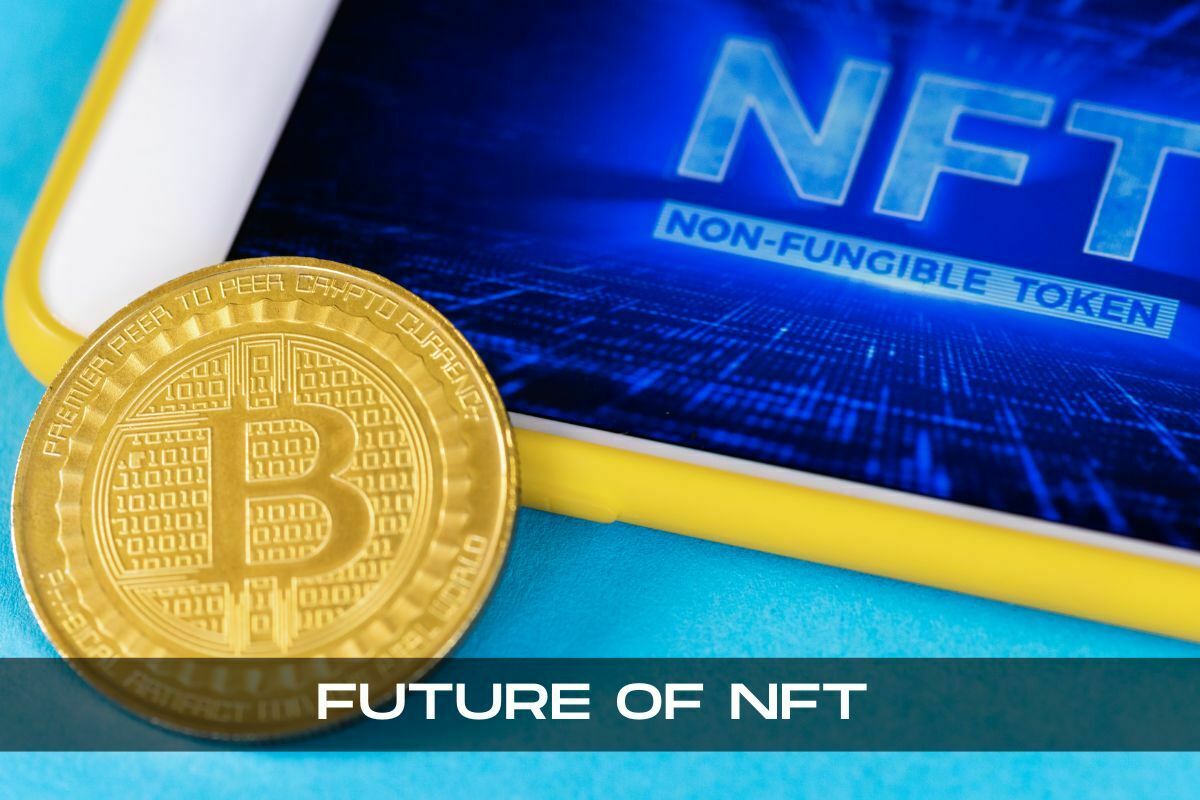The digital world buzzes with new innovations every day, and one term that’s capturing widespread attention is NFTs. But, “What are NFTs?” This question echoes in the minds of many, especially those new to the digital asset space. NFTs, or Non-Fungible Tokens, might seem complex and elusive at first glance. However, they are an intriguing and groundbreaking concept in the realm of digital ownership and art. If you’re a beginner looking to grasp the basics without getting lost in technical jargon, you’re in the right place. Let’s break down Non-Fungible Tokens in a way that’s easy to understand and fascinating to explore!
Table of Contents
Demystifying Non-Fungible Tokens for Beginners
Entering the world of NFTs can be like stepping into a futuristic landscape. Here’s a guide to help you understand the basics and see why they’re making waves.
1. What Exactly Are Non-Fungible Tokens?
At their core, Non-Fungible Tokens (NFTs) are unique digital assets verified using blockchain technology, similar to cryptocurrencies like Bitcoin and Ethereum. However, unlike cryptocurrencies, Non-Fungible Tokens are unique and cannot be exchanged on a one-to-one basis. This uniqueness is what makes them non-fungible.
- Unlock Exclusive Financial Insights! Click Over to EntrepreneursPilot.com Now!
- Unlock a Treasure Trove of Must-Read Finance Articles! Click Here to Dive into Our Homepage’s Wealth of Knowledge!
- Unlock Exclusive Business Opportunities! 🚀 Connect with Us Now at [email protected]!
2. The Role of Blockchain in Non-Fungible Tokens
Blockchain is the digital ledger where Non-Fungible Tokens are recorded, ensuring the authenticity and ownership of each NFT. Each NFT has a distinct, non-interchangeable identity, making it different from another.
3. Types of Non-Fungible Tokens
NFTs can represent a variety of digital files such as art, music, videos, and even tweets. Digital art has become one of the most popular forms of NFTs, with artists and creators selling their work as exclusive digital pieces.
4. How Do Non-Fungible Tokens Work?
When you purchase an Non-Fungible Tokens, you’re buying a ‘token’ that proves your ownership of the original digital item. The actual item is stored on the blockchain, which records the details of the transaction and your ownership.
5. The Market for Non-Fungible Tokens
NFTs are bought and sold on specialized platforms that deal with digital assets, like OpenSea and Rarible. Transactions typically occur in cryptocurrencies such as Ethereum.
6. Understanding the Value of NFTs
The value of Non-Fungible Tokens comes from their uniqueness and the demand in the market. Like physical art, the worth of digital art is subjective and can fluctuate based on popularity, artist reputation, and market trends.
7. Why Are Non-Fungible Tokens Popular?
NFTs have gained popularity for several reasons. They offer artists and creators a new way to monetize their work, allow collectors to own unique digital items, and are seen as a status symbol in the digital space.
8. Risks and Considerations
Investing in Non-Fungible Tokens comes with risks. The market can be volatile, and the long-term value of NFTs is still uncertain. It’s important to research and understand the market before investing.
9. Future of Non-Fungible Tokens
The potential of Non-Fungible Tokens extends beyond digital art. They could revolutionize the way we think about ownership and rights in the digital world, from music and literature to virtual real estate and beyond.
10. Getting Started with Non-Fungible Tokens
If you’re interested in exploring NFTs, start by learning about blockchain and cryptocurrencies. Follow NFT marketplaces and creators to understand current trends and opportunities.
Conclusion
Navigating the world of NFTs can be as exciting as it is bewildering. As a burgeoning field in the digital economy, Non-Fungible Tokens open up new possibilities for creators, collectors, and investors alike. With a basic understanding of “What are NFTs?”, you’re now equipped to delve deeper into this fascinating digital landscape.
Frequently Asked Questions
01. Do I need to understand cryptocurrency to buy NFTs?
A basic understanding of cryptocurrency, especially Ethereum, is helpful since most NFT transactions occur using it.
02. Can I create my own NFT?
Yes, anyone can create an NFT. You’ll need to mint your digital item on a blockchain platform and list it on an NFT marketplace.
03. How do I ensure the authenticity of an NFT?
The blockchain records all transactions and ownership, ensuring the authenticity and uniqueness of each NFT.
04. Are there any legal issues with buying or selling NFTs?
As with any investment, it’s important to be aware of the legal landscape, which can vary by country and is still evolving in the context of NFTs.
05. Can NFTs lose their value?
Yes, like any asset, NFTs can fluctuate in value based on market demand and other factors. It’s important to research and invest wisely.











